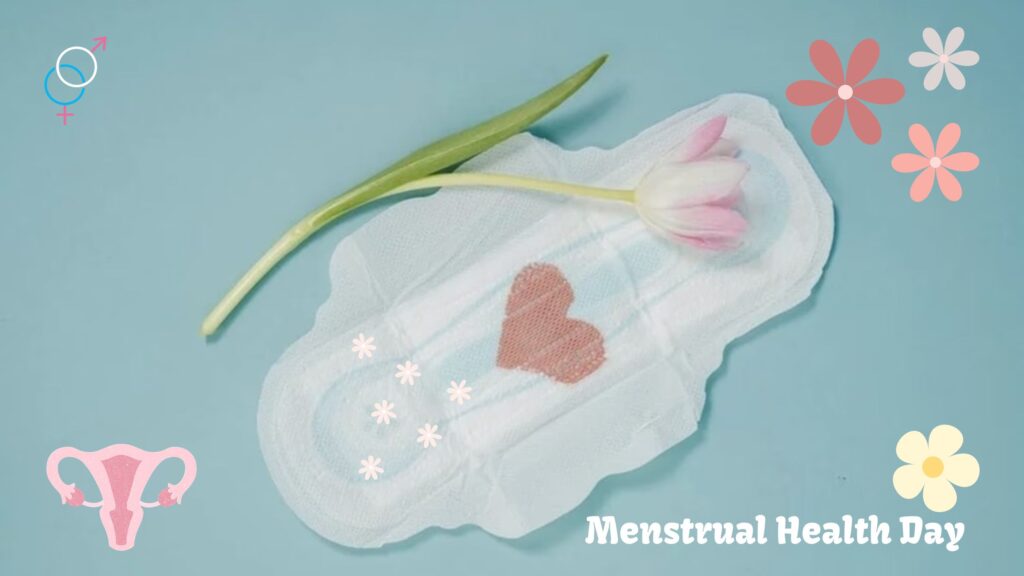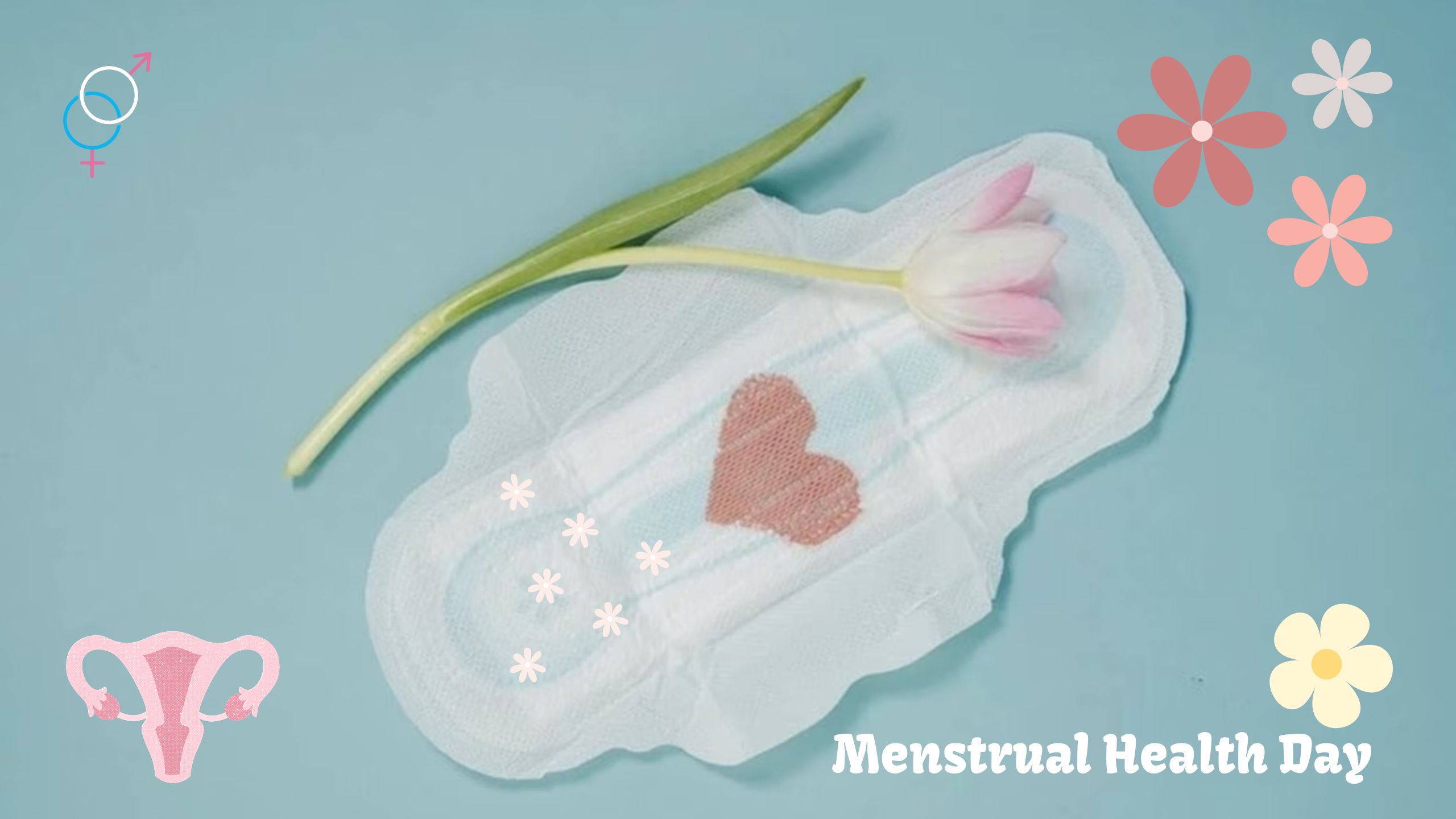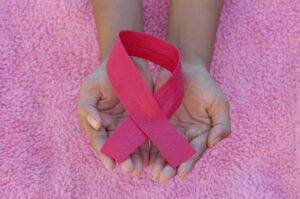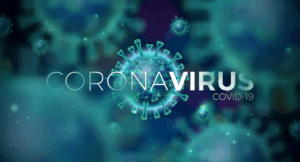Every year, Menstrual Hygiene Day on May 28th brings awareness to issues surrounding menstrual health and hygiene. In 2024, we focus on a vital but often overlooked aspect: how the menstrual cycle affects sleep and the body. Understanding these impacts can help women better manage their health and well-being throughout their cycle.

The Menstrual Cycle and Hormonal Fluctuations
The menstrual cycle, typically lasting 28 days, is governed by hormonal changes that prepare the body for a potential pregnancy. These hormones, primarily estrogen and progesterone, fluctuate throughout the cycle and influence various bodily functions, including sleep.
The Phases of the Menstrual Cycle
Menstrual Phase (Days 1-5): This is when menstruation occurs. Hormone levels are at their lowest, leading to the shedding of the uterine lining.
Follicular Phase (Days 1-14): Overlapping with the menstrual phase, this phase involves the growth of follicles in the ovaries, stimulated by rising estrogen levels. This phase ends with ovulation.
Ovulation (Day 14): The release of an egg from the ovary marks this phase, driven by a surge in luteinizing hormone (LH).
Luteal Phase (Days 15-28): Following ovulation, progesterone levels rise, preparing the uterine lining for potential pregnancy. If pregnancy does not occur, hormone levels drop, leading to menstruation.
How the Menstrual Cycle Affects Sleep?
Menstrual Phase
During menstruation, many women experience discomfort due to cramps, headaches, and other symptoms. This discomfort can disrupt sleep. Additionally, lower levels of estrogen and progesterone can lead to more fragmented sleep patterns.
Follicular Phase
As estrogen levels rise, many women notice an improvement in their sleep quality. Estrogen has a positive effect on sleep by promoting REM sleep and maintaining sleep stability. However, some may still experience premenstrual symptoms, affecting sleep quality.
Ovulation
Around ovulation, a spike in LH and subsequent hormonal changes can cause sleep disturbances. Some women report vivid dreams or night sweats during this phase. The heightened body temperature due to increased progesterone can also make it harder to fall asleep.
Luteal Phase
The luteal phase is often marked by premenstrual syndrome (PMS) symptoms such as mood swings, bloating, and breast tenderness. These symptoms, combined with elevated progesterone levels, can cause sleep disturbances. Progesterone, while initially promoting sleep, can later lead to increased body temperature and restless sleep.
The Body’s Response to the Menstrual Cycle
Physical Symptoms
Cramps and Pain: Menstrual cramps, caused by uterine contractions, can range from mild to severe, disrupting daily activities and sleep.
Bloating and Water Retention: Hormonal changes can cause the body to retain water, leading to bloating and discomfort.
Breast Tenderness: Elevated levels of estrogen and progesterone can cause the breasts to swell and become tender.
Psychological Symptoms
Mood Swings: Hormonal fluctuations can lead to irritability, anxiety, and depression, affecting emotional well-being.
Fatigue: The combination of physical pain and hormonal changes can lead to increased fatigue, impacting daily energy levels and motivation.
Managing Sleep and Health During the Menstrual Cycle
Tips for Better Sleep
Maintain a Sleep Schedule: Going to bed and waking up at the same time every day helps regulate the body’s internal clock.
Create a Comfortable Sleep Environment: Ensure your bedroom is cool, dark, and quiet. Using breathable sheets and wearing light pajamas can help manage temperature fluctuations.
Stay Active: Regular physical activity can improve sleep quality, but avoid vigorous exercise close to bedtime.
Limit Caffeine and Sugar: Reducing the intake of caffeine and sugary foods, especially in the evening, can help prevent sleep disruptions.
Managing Physical Symptoms
Pain Relief: Over-the-counter pain relievers, such as ibuprofen, can help alleviate cramps and headaches.
Hydration and Diet: Staying hydrated and eating a balanced diet rich in fruits, vegetables, and whole grains can reduce bloating and improve overall health.
Relaxation Techniques: Practicing yoga, meditation, or deep breathing exercises can help manage stress and improve sleep quality.
Seeking Medical Advice
If menstrual symptoms severely impact your sleep or daily life, consider consulting a healthcare provider. They can offer treatments or lifestyle changes to help manage your symptoms effectively.
Understanding how the menstrual cycle affects sleep and the body is crucial for maintaining overall health and well-being.
By recognizing the patterns and symptoms associated with each phase, women can take proactive steps to improve their sleep and manage physical and emotional challenges.
This Menstrual Health Day 2024, let’s prioritize menstrual health and support each other in achieving a balanced and healthy lifestyle.
Severe Health Risks Associated with Poor Menstrual Hygiene
Menstrual hygiene is a crucial aspect of women’s health that often does not receive the attention it deserves. Poor menstrual hygiene can lead to a variety of severe health risks, impacting not only physical well-being but also mental and social health. Understanding these risks is essential to promote better practices and support women in managing their menstrual health effectively.
1. Infections
One of the most immediate and serious risks of poor menstrual hygiene is the increased likelihood of infections. These include:
Urinary Tract Infections (UTIs): Not changing sanitary products frequently enough can create a breeding ground for bacteria, leading to painful UTIs.
Reproductive Tract Infections (RTIs): Similar to UTIs, improper menstrual hygiene can also lead to infections of the reproductive tract, including bacterial vaginosis and yeast infections.
Toxic Shock Syndrome (TSS): Though rare, TSS is a life-threatening condition caused by bacterial toxins. It is associated with the prolonged use of tampons and menstrual cups without adequate cleaning.
2. Skin Irritation and Rashes
Using poor-quality sanitary products or not changing them regularly can cause skin irritation, rashes, and chafing. These issues can escalate into more severe skin infections if not treated properly.
3. Impact on Reproductive Health
Chronic infections due to poor menstrual hygiene can lead to more serious reproductive health issues such as pelvic inflammatory disease (PID). PID can cause long-term complications, including chronic pelvic pain and infertility.
4. Mental Health Issues
The physical discomfort and social stigma associated with poor menstrual hygiene can significantly impact mental health. Women may experience anxiety, stress, and depression due to the fear of leakage, odor, and social ostracization.
5. Impaired Quality of Life
Poor menstrual hygiene can affect a woman’s daily life, leading to absenteeism from school or work, reduced productivity, and limited participation in social activities. This not only hampers personal growth but also contributes to broader social and economic disparities.
Addressing the Issue:
Addressing poor menstrual hygiene involves a multifaceted approach, including:
Education: Providing comprehensive education about menstrual health and hygiene to women and girls is essential. This includes information on the proper use and disposal of sanitary products and the importance of changing them regularly.
Access to Products: Ensuring affordable and accessible sanitary products for all women, especially those in low-income communities, can significantly improve menstrual hygiene practices.
Infrastructure: Developing adequate sanitation facilities in schools, workplaces, and public places can help women manage their menstrual hygiene more effectively.
Breaking the Taboo: Promoting open discussions about menstruation can reduce the stigma and shame associated with it, encouraging better hygiene practices.
Conclusion
Poor menstrual hygiene is a significant health issue that can lead to severe physical, mental, and social consequences. By promoting better hygiene practices, providing education, and ensuring access to necessary resources, we can mitigate these risks and improve the overall well-being of women worldwide. It is a collective responsibility to create an environment where menstrual health is prioritized, and women are empowered to manage their menstrual hygiene with dignity and care.
FAQs
Q. What is menstrual hygiene?
Menstrual hygiene refers to practices and products used by individuals during menstruation to maintain cleanliness, comfort, and health.
Q. Why is menstrual hygiene important?
Proper menstrual hygiene is crucial for preventing infections, discomfort, and other health issues. It also promotes dignity and allows individuals to participate fully in daily activities without disruption.
Q. What are some basic menstrual hygiene practices?
Basic practices include regular changing of menstrual products (such as pads, tampons, or menstrual cups), washing the genital area with clean water and mild soap, and proper disposal of used products.
Q. What menstrual products are available?
There are various menstrual products available, including disposable pads, tampons, menstrual cups, and reusable cloth pads. Each has its advantages, and individuals can choose the option that best suits their needs and preferences.
Q. How can one ensure access to menstrual hygiene products?
Access to menstrual hygiene products can be ensured through education, advocacy for affordability and availability, distribution programs in schools and communities, and destigmatizing conversations about menstruation. Additionally, promoting sustainable and eco-friendly options can contribute to long-term access.












